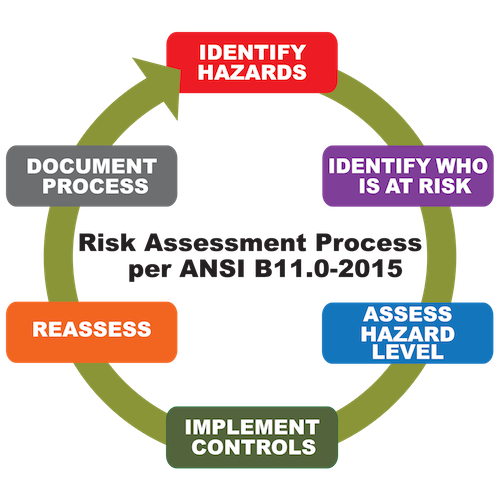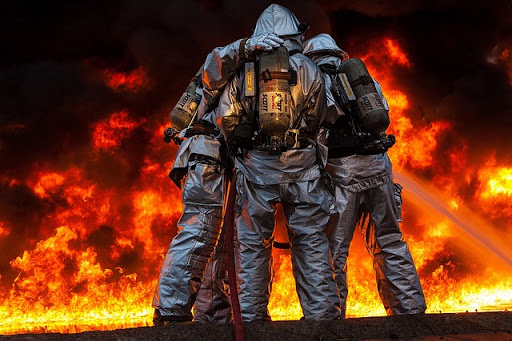

This program is designed to provide professionals with essential knowledge and practical tools to effectively identify, assess, and manage hazards within industrial processes, ensuring the safety and reliability of operations.
The purpose of this course is to:
New graduates who wish to gain an understanding of practical process design issues, individuals who are managing and performing process design and process hazard evaluations or risk assessments for operating facilities or are coordinating project activities, and individuals who require an understanding of relief system design
This interactive Training will be highly interactive, with opportunities to advance your opinions and ideas and will include;
CDGA attendance certificate will be issued to all attendees completing minimum of 80% of the total course duration.
| Code | Date | Venue | Fees | Register |
|---|---|---|---|---|
| HSE214-01 | 29-03-2026 | Amman | USD 5450 | |
| HSE214-02 | 28-06-2026 | Doha | USD 5450 | |
| HSE214-03 | 27-09-2026 | Jeddah | USD 5450 | |
| HSE214-04 | 20-12-2026 | Dubai | USD 5450 |
.jpg)
The foundation of any successful process safety program is a current set of process hazard analyses (PHAs) for each of its processes. Revalidating PHAs to keep them up to date and applicable is a must ...

This program will enable attendees to better understand the principles of the Risk Management Process within the Process Industry and how to apply Risk Assessment systems to all activities that have t ...

An understanding of the principles of fires and explosions are critical to identifying how a fire will start and spread, the former of which is known as primary fire hazards, each of which has the abi ...
.jpg)
Hazard and Operability Studies (HAZOP) is one of a number of Process Hazard Analysis (PHA) techniques used to identify potential failures, operability problems and process risks in Major Hazard Facili ...
Providing services with a high quality that are satisfying the requirements
Appling the specifications and legalizations to ensure the quality of service.
Best utilization of resources for continually improving the business activities.
CDGA keen to selects highly technical instructors based on professional field experience
Since CDGA was established, it considered a training partner for world class oil & gas institution
3012, Block 3, 30 Euro Business Park, Little Island, Co. Cork, T45 V220, Ireland
Mon to Fri 09:00 AM to 06:00 PM
Contact Us anytime!
Request Info